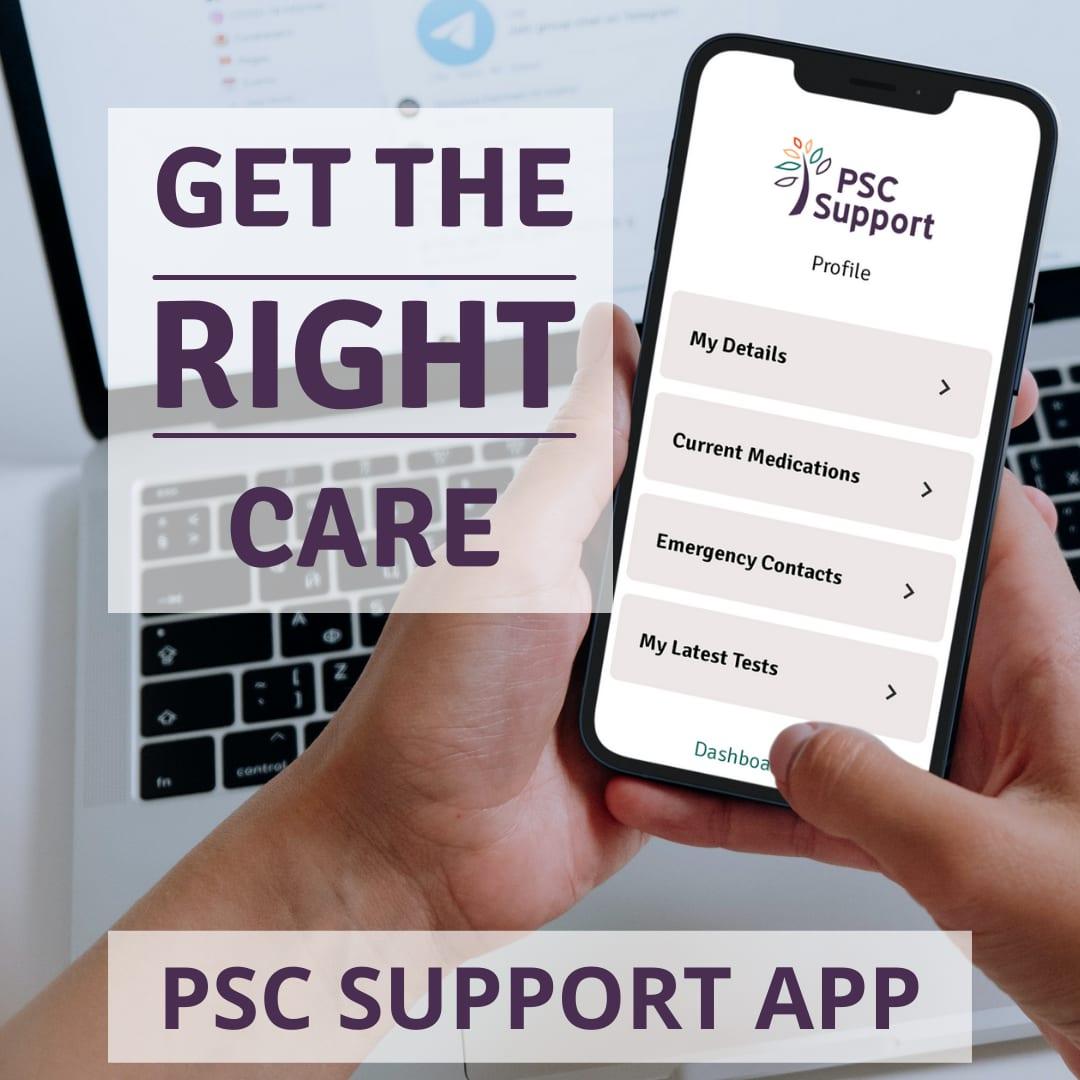PSC Care Guidelines
Guidelines for the diagnosis and management of PSC

What are care guidelines?
When medical teams care for patients, they often refer to 'guidelines'. Guidelines are a set of recommendations on the diagnosis and management of a disease that are made by experts, based on evidence (or expert consensus if there is not enough evidence to support the recommendation). The guidelines are referred to in a number of ways, including: Clinical Practice Guidelines, Practice Guideline and Clinical Guideline.
There are several regional guidelines for PSC, so depending on where you live, you might receive slightly different care. The guidelines are broadly the same, with differences mainly based on individual healthcare systems. The guidelines for the diagnosis and management of PSC in the UK were published in 2019 and officially launched by Professor Douglas Thorburn. They were written by UK-PSC with PSC Support, and are endorsed by the British Society of Gastroenterology. We've set out the main recommendations further down this page.
Get the PSC Support App to get the most out of your routine PSC hospital appointments and find information on what to expect from routine appointments.
PSC Support is currently working with European PSC experts to update the 2009 EASL Clinical Practice Guidelines.
What are the UK recommendations?
Strength and Quality of Recommendations
What does this mean? Each recommendation is rated by a 'strength of recommendation' and a 'quality of evidence' grading. Because PSC is complex and still poorly understood in some ways, some of the evidence used is 'low quality', and that's often because the evidence is simply not available. When this is the case, the recommendation is based on the majority consensus of expert opinion.
Huge thanks to Professor Douglas Thorburn for reviewing PSC Support's interpretation of each recommendation. 6 November 2019

